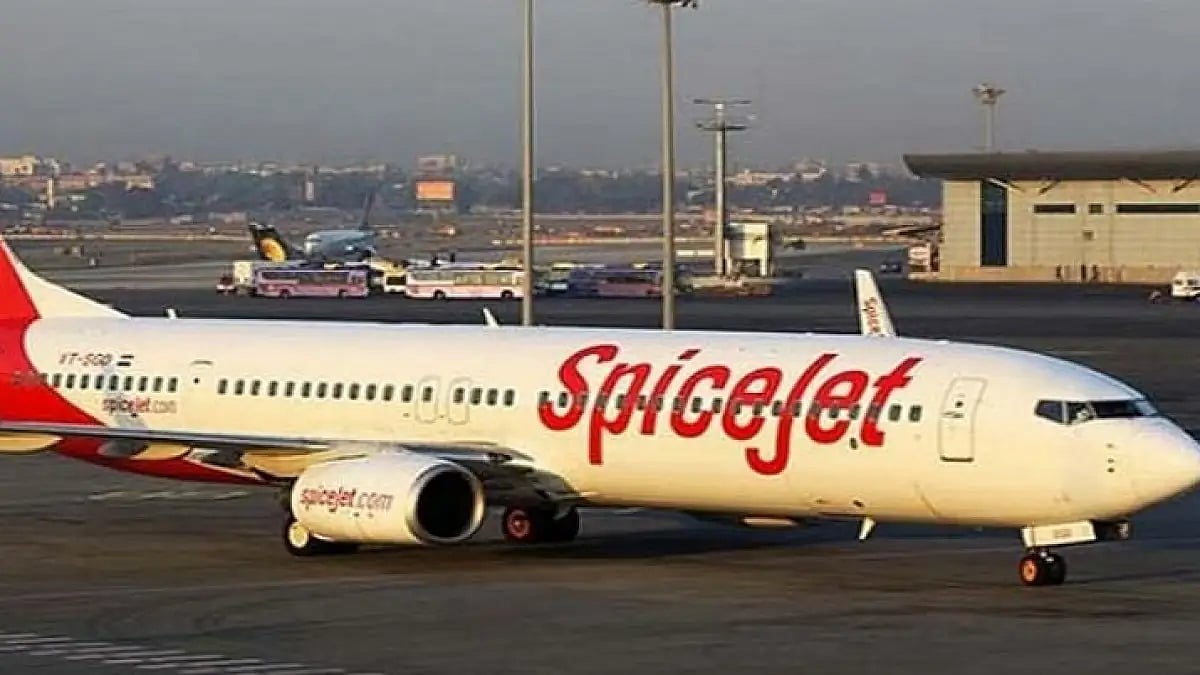 Image Source: Outlook Business
Image Source: Outlook Business
In a significant development for India’s aviation sector, SpiceJet Ltd has signed an interline agreement with Gulf Air, the national carrier of Bahrain. This partnership is set to unlock seamless connectivity for passengers across the Middle East, Africa, and Europe, marking a new chapter in SpiceJet’s international expansion strategy. The agreement will allow travelers to book combined itineraries across both airlines, simplifying travel logistics and enhancing route options.
Key highlights of the agreement
• SpiceJet signs interline agreement with Gulf Air to expand international connectivity
• Passengers will gain access to Gulf Air’s extensive network across the Middle East, Africa, and Europe
• The partnership includes coordinated cargo services, engineering collaboration, and pilot training initiatives
• The move strengthens commercial ties between India and Bahrain
• SpiceJet continues its push toward global expansion with strategic alliances
What the interline agreement means for passengers
The interline agreement enables passengers to book a single ticket that includes flights operated by both SpiceJet and Gulf Air. This streamlines travel across continents, offering greater flexibility and convenience. For instance, a traveler flying from Jaipur to Paris can now book a SpiceJet flight to Bahrain and connect onward with Gulf Air—all under one booking reference.
1. Seamless travel experience
- Baggage will be transferred automatically between connecting flights
- Travelers benefit from simplified check-in and boarding procedures
- The agreement reduces layover stress and improves scheduling efficiency
2. Expanded destination map
- Gulf Air currently operates 82 weekly flights to eight Indian cities including Mumbai, Delhi, Chennai, Kochi, and Hyderabad
- SpiceJet serves over 50 domestic destinations across India
- The partnership opens up new routes to cities in Europe, North Africa, and the Gulf region
3. Enhanced cargo and engineering services
- The airlines will collaborate on cargo operations between India and Bahrain
- Engineering and maintenance services will be jointly developed to improve operational efficiency
- Pilot training programs will be shared to nurture aviation talent across both carriers
Strategic implications for SpiceJet
This agreement is a strategic win for SpiceJet, which has been actively pursuing international growth. The Middle East has long been a priority market for the airline, and this partnership allows it to tap into Gulf Air’s established network without deploying its own long-haul fleet.
• SpiceJet gains access to premium international routes without incurring high capital expenditure
• The partnership enhances SpiceJet’s brand visibility in global markets
• It positions the airline to compete more effectively with other Indian carriers expanding abroad
Gulf Air’s perspective and regional impact
For Gulf Air, the agreement strengthens its footprint in India, one of the fastest-growing aviation markets in the world. The carrier already has a strong presence in major Indian metros and sees this partnership as a way to deepen commercial ties with the country.
• Gulf Air benefits from increased feeder traffic from SpiceJet’s domestic network
• The collaboration aligns with Bahrain’s broader goal of enhancing bilateral trade and tourism with India
• It reinforces Gulf Air’s role as a bridge between South Asia and the Middle East
Looking ahead
The interline agreement is expected to go live in the coming months, pending system integration and regulatory approvals. Both airlines are optimistic about the long-term potential of the partnership and are exploring further collaboration, including codeshare arrangements and joint loyalty programs.
Conclusion
SpiceJet’s interline agreement with Gulf Air is more than a business deal—it’s a strategic leap toward global integration. By combining networks, resources, and expertise, the two carriers are set to offer Indian travelers a more connected, efficient, and expansive flying experience. As international travel rebounds, such alliances will play a pivotal role in shaping the future of aviation.
Sources: Times Aerospace, ch-aviation, SpiceJet Media Centre
Advertisement
Advertisement








